Meet Hunter Hao Deng | Cinematographer
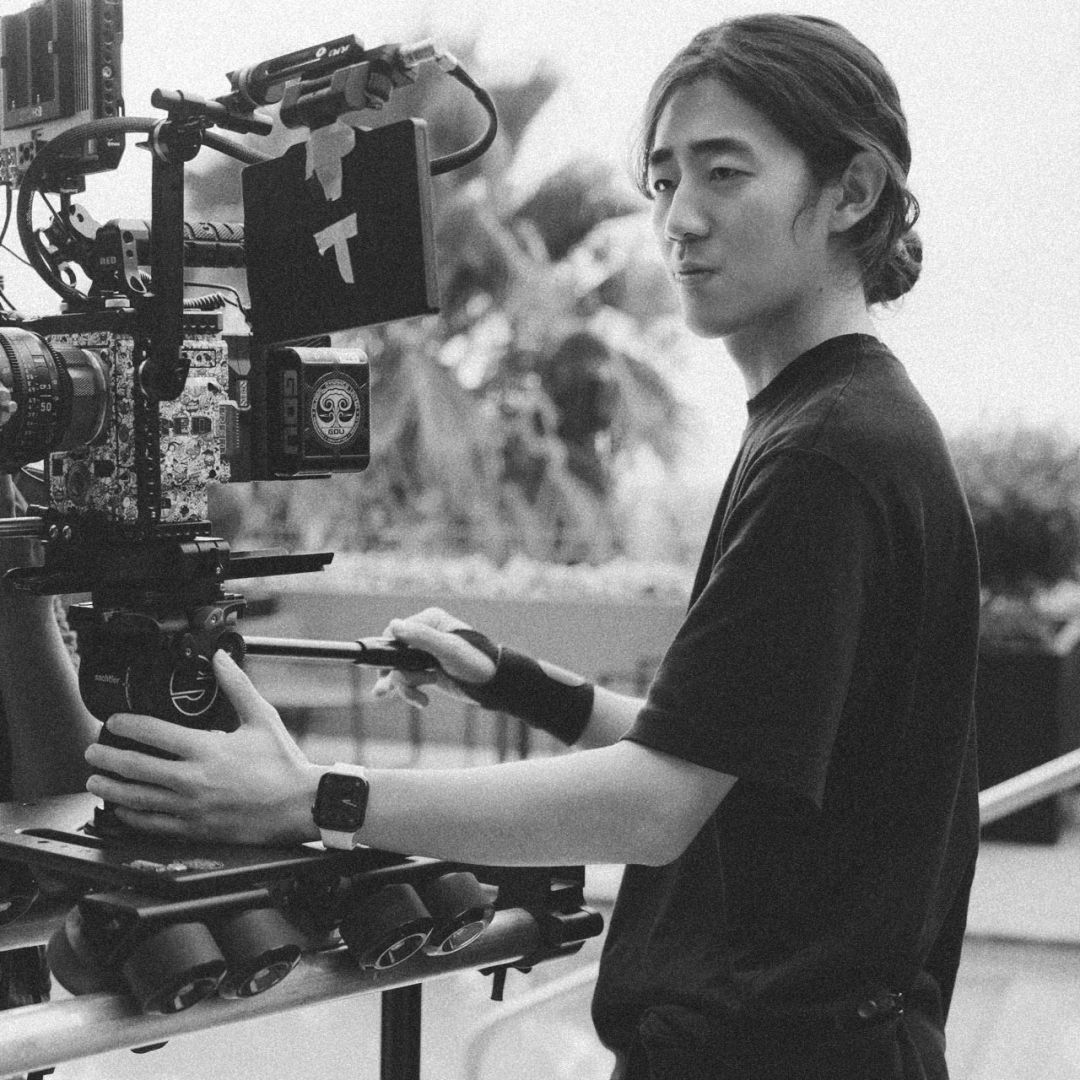
We had the good fortune of connecting with Hunter Hao Deng and we’ve shared our conversation below.
Hi Hunter Hao, what role has risk played in your life or career?
Being a filmmaker is undoubtedly playing the most risky role in my life, because this job is really unstable, uncomfortable, unsafe and unhealthy. Filmmakers need to sacrifice their sleep, their health and the time being with their families and lovers for certain shooting times. The filmmaking separates filmmakers from their daily lives and organizes them together in order to realize the director’s self-expression and satisfy the audience’s desire to peep at the secrets of the unknown world. During the time of making the movie, the time in the closed space of the film crew is relatively static compared to the outside world, and only when it is really wrap up will you sigh: “What? It has been 3 days? (or 3 months, or 3 years).” Then you realize that you are unaware of the changes in society, like a veteran who has just retired from the battlefield, returning to society with a tired body and mind, trying to get back to normal life but there are too many blanks have to be filled. Sometimes it’s hard to tell if your real life is on set or off set. I often ask myself: “Why do I want to make a movie? It’s so hard, so exhausting, we’re just making fictional stories and entertaining audiences with tricks that have been passed down from generation to generation in the filmmaking industry. What’s the point for all these?” Honestly, sitting in the office every day, it’s nothing more than nine to five, compared with exposing to the weather, it seems to be more comfortable and stable. But my nature does love to take adventure, I enjoy this kind of instability, the variables that brings insecurity to my life. Risk not only makes me nervous, but it also makes me feel energized. Maybe that’s why I’m willing to take the risk. Movies keep me full of passion all the time so that life doesn’t get too boring. Moreover, there are bunch of stories that I have to tell, have to shoot, have to bring them to my audience.
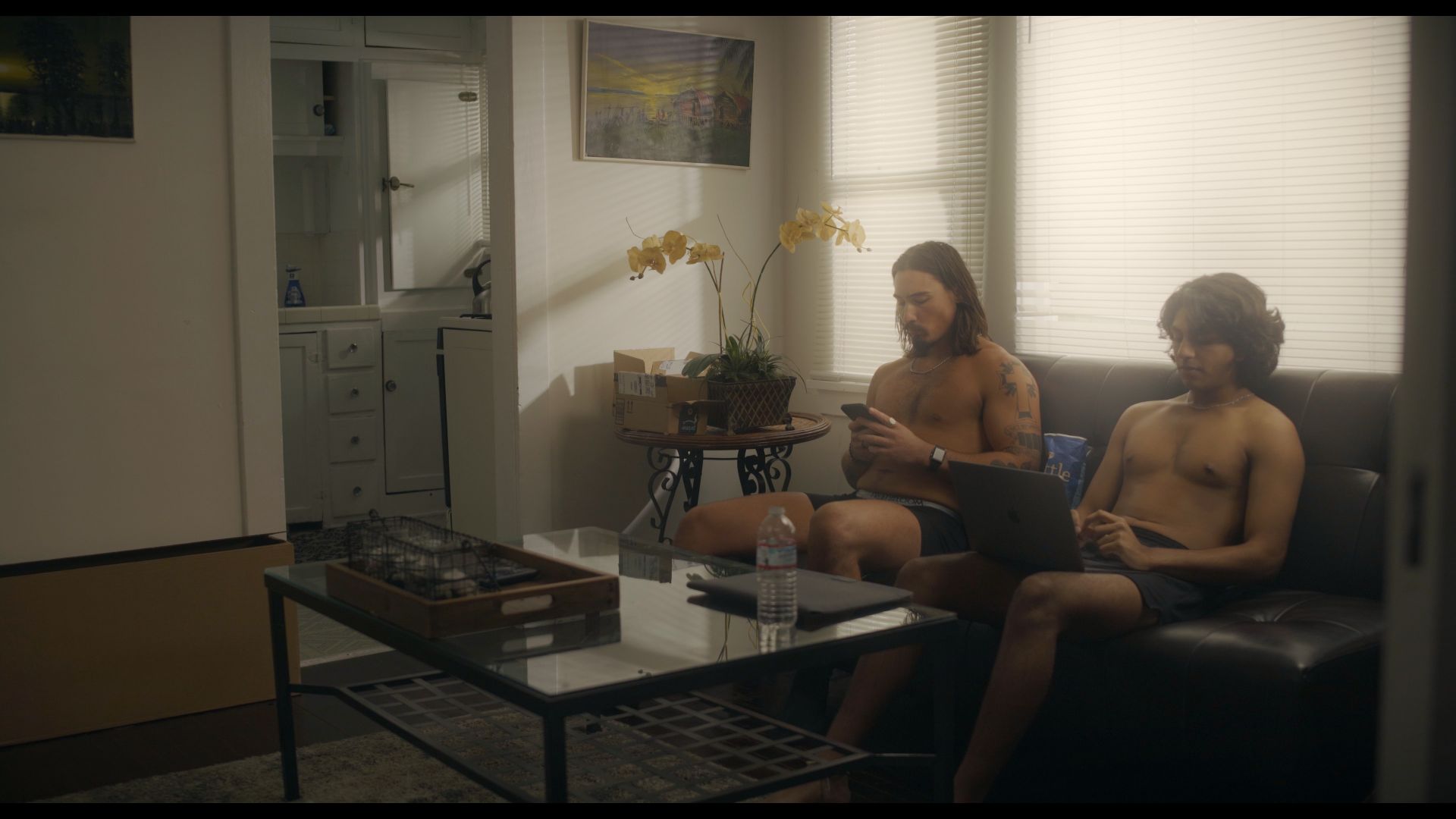
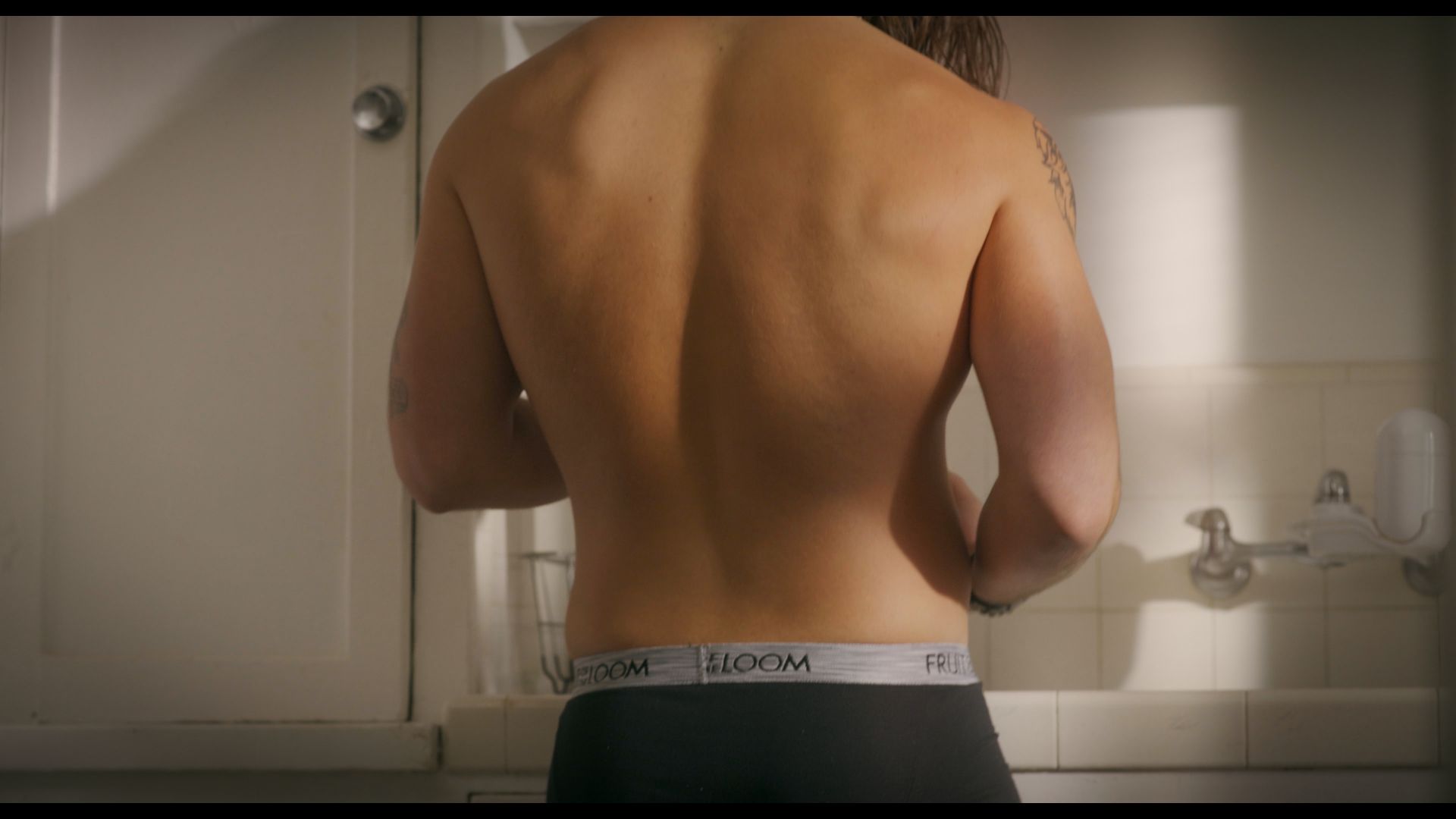
Can you open up a bit about your work and career? We’re big fans and we’d love for our community to learn more about your work.
“Swift as the wind; Quiet as a forest; Fierce as fire; Immovable as a mountain.” Back in high school, when I watched Kagemusha (1980) directed by Akira Kurosawa with my grandfather, I was deeply touched by the protagonist, a man marked by perseverance. He used to be a thief, but because his appearance resembled Shingen Takeda, a renowned Japanese military leader, he was chosen to be Shingen’s substitute, a kagemusha. As the movie developed, the actor was gradually influenced by Shingen’s spirit, and became a persistent and honorable man in real life. The masterful use of color, the ingenious way of crafting war scenes, and the dissection of human nature in the film were deeply etched into me. The director impacted me tremendously, the same way he was influenced by Shingen. Being my grandfather’s favorite, Kurosawa’s films were the highlights in my younger age, and granddad’s company made the experiences even more delightful.
In 2018, I lost my grandfather, my childhood hero. Many days had elapsed before someone in the family broke the sad news to me. I was not there when he passed away and did not manage to attend his memorial service even though I hurried home. With guilt and grief smoldering inside me, I decided to pursue further study elsewhere. Later in the US, a foreign land that witnessed my academic growth and emotional dejection, I came across the novel “Steppenwolf” written by Herman Hesse. Somehow, the main character Harry Haller in the book, reminded me of myself, someone wandering about in an unfamiliar land, restlessly and nervously searching for the unknown salvation. As an inspiring takeaway from “Steppenwolf,” the sense of loneliness and regret became my sole motivation to shoot films during that difficult period. I made a series of undeveloped experimental films based on the topic of loss and death, most of which filled with abstract images, yet missing dialogues or actors.
One night after filming, I drove to the beach. After parking, I started taking an aimless stroll on the beach. The sea was engulfed by pitch darkness, with nothing but a trace of lightning in the distance. Gradually, the incessant lightning grew forked and forceful, starting to illuminate the surging waves, and the waves, together with the booming thunder that ensued, rolled slowly towards me from the dark. Sitting then on the sand, anticipating a pouring rain, I found myself in complete silence, but my heart was roaring like the thunder. Accompanying a bolt, a sudden epiphany hit me and I finally realized what had been plagued me – a chance to say goodbye to my grandpa, a proper closure.
The experience above became a scene in my film The Journey to Say Farewell, where the protagonist takes a surreal journey. He starts off feeling confused, lonesome and angry at the beginning of the trip. Then he roams in the wilderness, screams on a deserted beach and rushes into the bellowing waves. But in the end, the character dances with locals around a bonfire in the depth of night, and finally reconciles with his past. In the film, I was using camera to recall my beloved grandfather and our memories in my own way. What’s more, I was saying farewell to my old self and hoping that I could be a better person in the future. This was also my very first film to contain elements of narration.
Following that, I soon shot another narrative film – A Room by Fire. The film is about two lovers spending the last night together in the hotel. They had a casual first encounter and only dated five times over a long period. Though compatible both physically and mentally, their life styles were vast apart, which led to the lovers’ final decision to end their fruitless relationship in a hotel room. It was a strange form of celebration. Compared with my previous films that mainly focused on the subjective expressions of my personal feelings, I paid more attention to establishing a sophisticated relationship between the two people in this film, attempting to give the audience a wider unlimited angle to engage themselves, and obtain a cognitive as well as emotional effect of immersion.
As both director and director of photography in many students’ films based in LA, I continued to put my filming skills to test and elevate them to a higher level. Those experiences endowed me with unforgettable memories, and also cultivated some of the most valuable friendships in my life. Filming is such a beautiful process – I do not know where the crew members come from, or where they will go afterwards, but we come to the same place and work hard to achieve the same meaningful goal. Strangers at first, branded by different cultural backgrounds, but we manage to seamlessly synchronize our work and empathize with each other through the process of filming. The magical adventures enable everyone to heal their inner wounds while finding their worth. This is the reason why I’m drawn to this field and why I am impassioned to explore more possibilities in narration. The very seed planted by Kurosawa when I was kid has now started budding, and I’m feeling ever closer to the memories of my grandfather upon constantly searching inside myself. Taking off from the active interaction with strangers, hopefully one day, I can also find my own way to resonate with the audience and help them to resolve their own emotional Gordian knots.
Looking back at all I experienced in these years, my grandpa’s pass became a transformation point in my life. The sense of lost became my motivation to continuously explore the deep emotions in my heart. It prompted me to constantly think about the value and meaning of my own existence. What’s more, it opened my path of filmmaking and has always inspired me to move forward on the road of filmmaking.
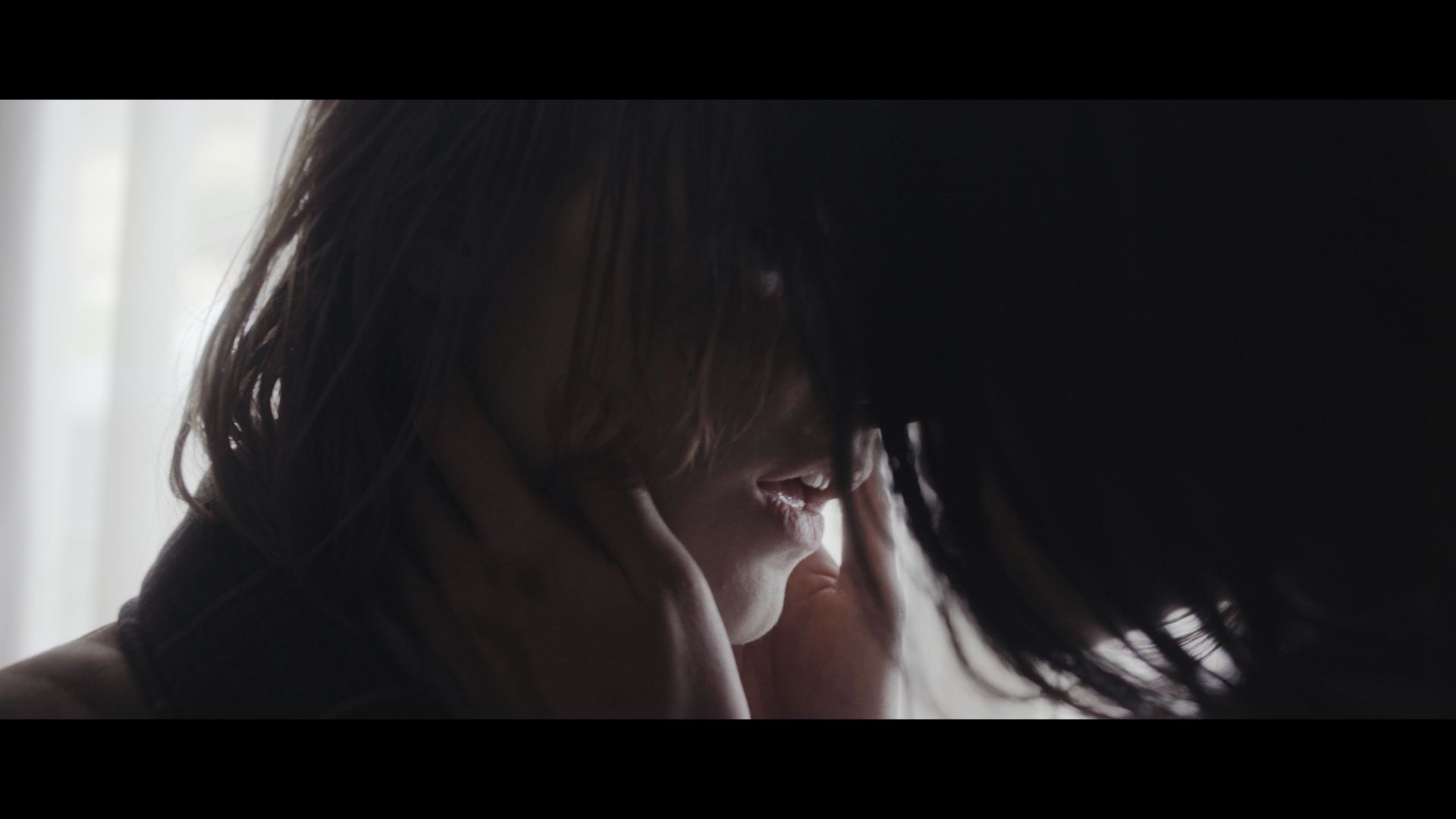
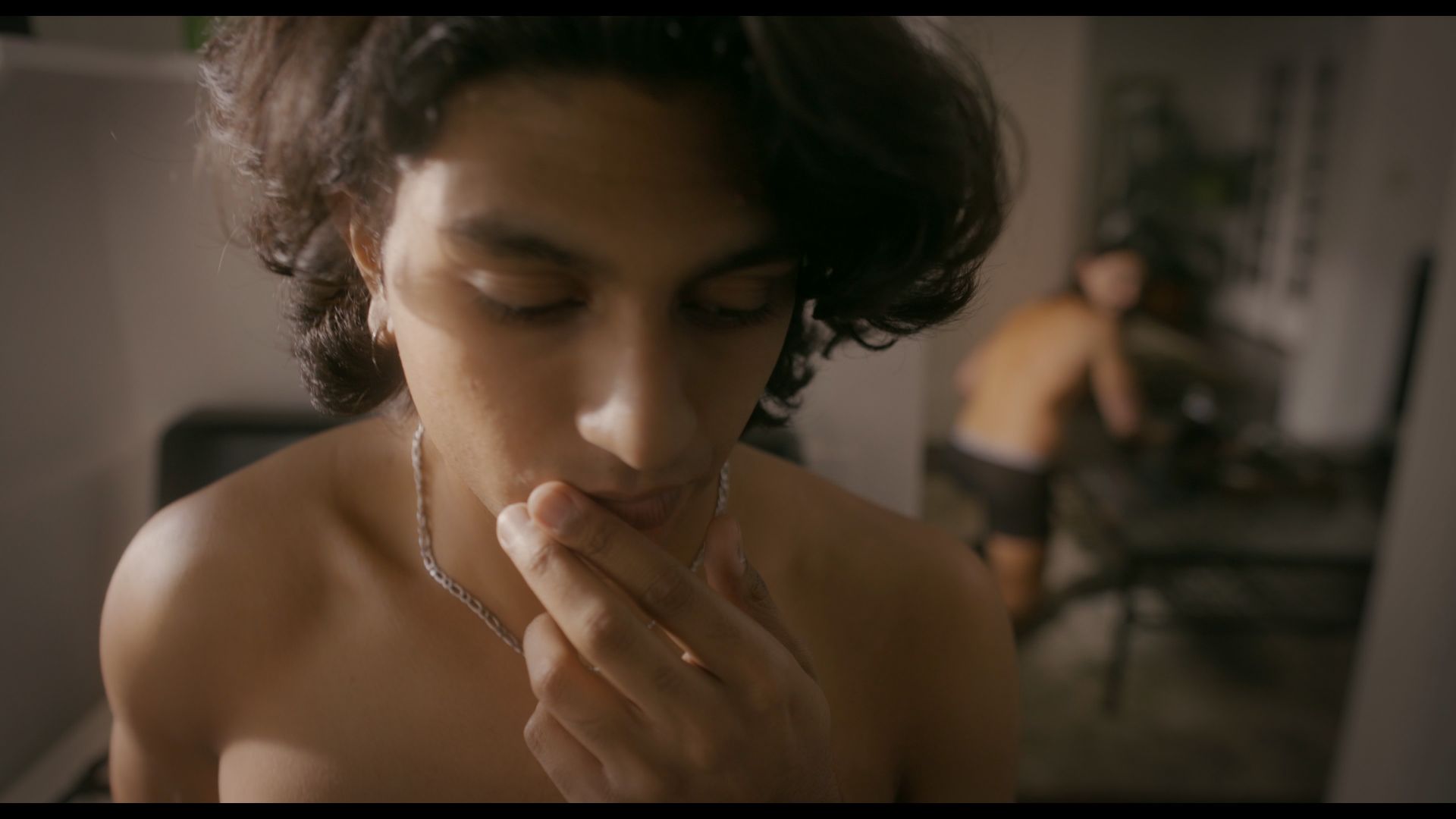
Any places to eat or things to do that you can share with our readers? If they have a friend visiting town, what are some spots they could take them to?
LAMCA and Academy Museum are two spots I’ll definitely bring my best friend to visit. I love Hotpot, Ramen, Sushi, Boba tea, Taco… Actually I love to eat all kinds of delicious foods. So I’m gonna show my friends all the restaurants that I like, such as Shancheng Lameizi, Honda-ya, Meiji Seimen, Omomo tea shop.
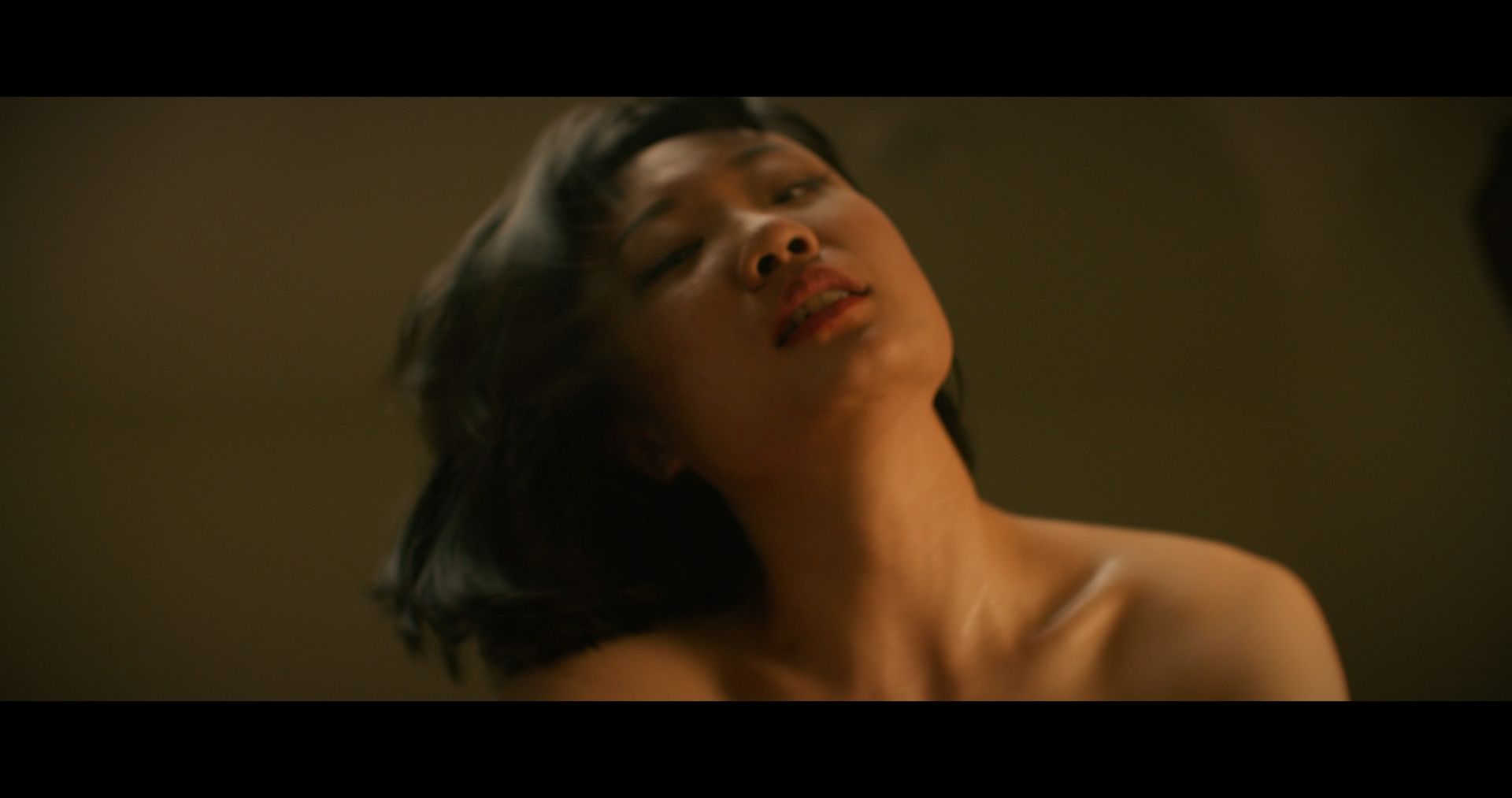
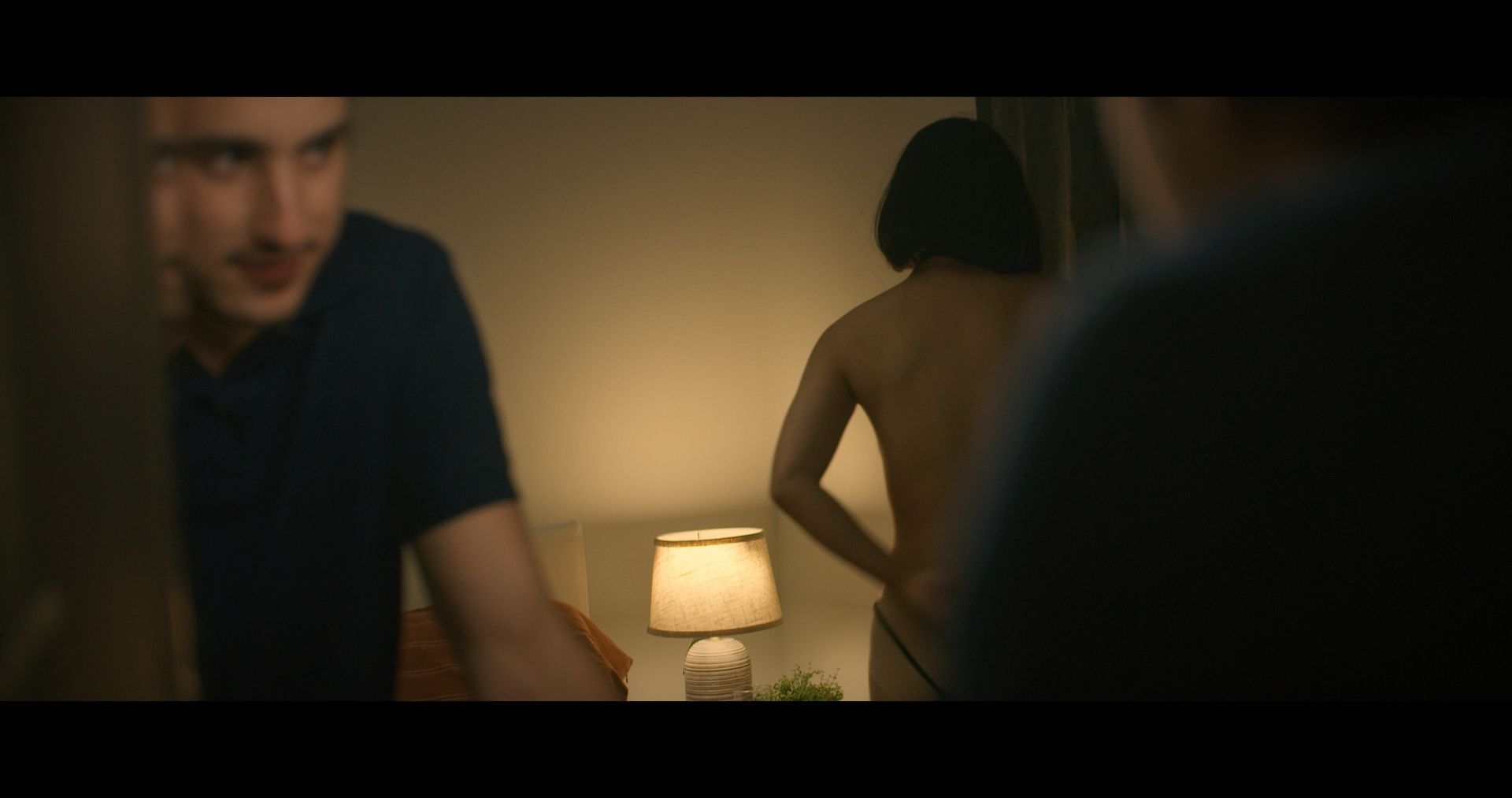
Who else deserves some credit and recognition?
I want to thank all faculties in CalArts and Chapman I’ve met, all the filmmakers I’ve worked with. Thank you all for all the help and support. My most sincere thanks are to my parents: Mei Li and Heping Deng. I can’t accomplish all what I’ve made without all your selfless supports in all these years.
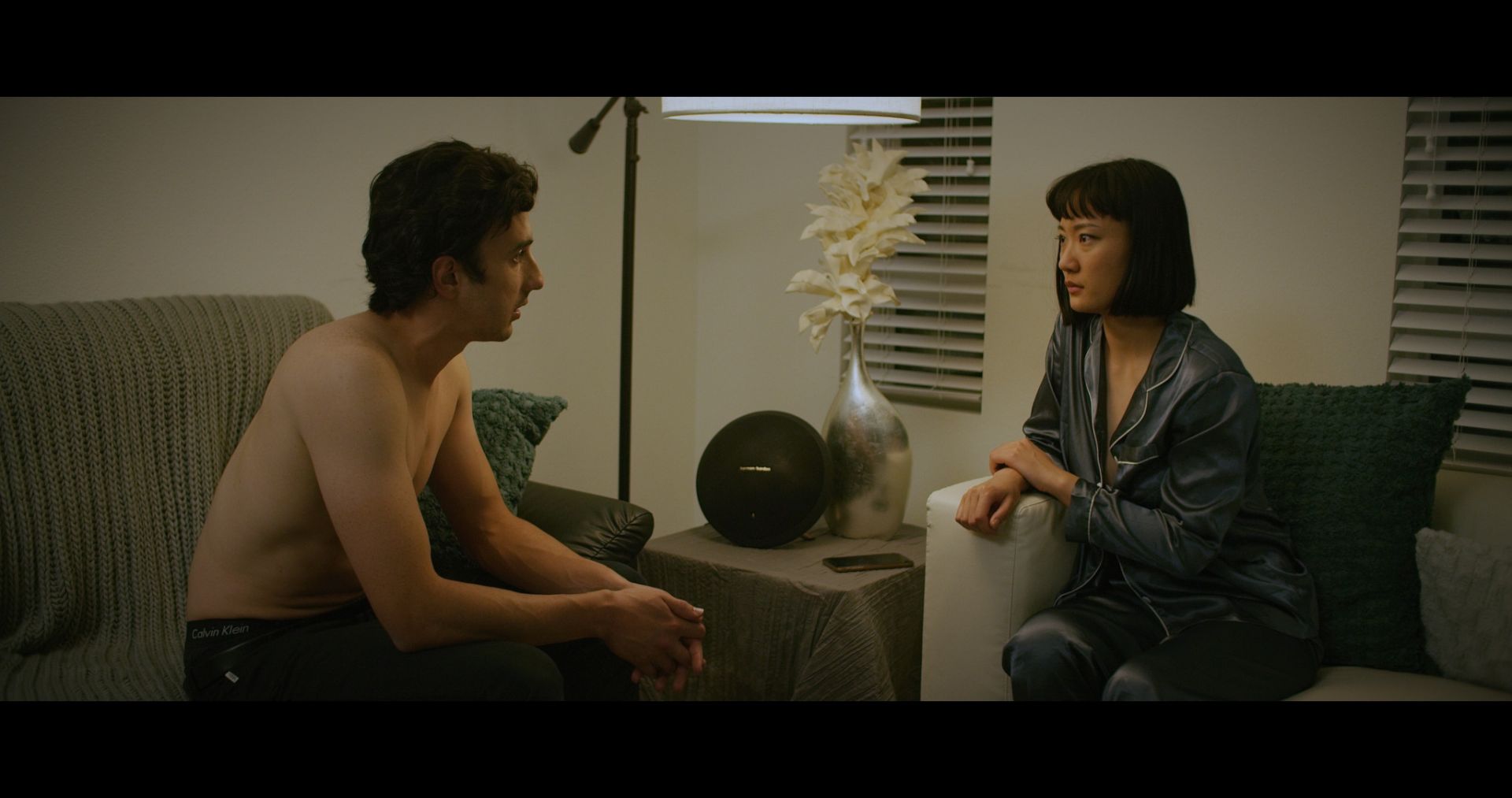
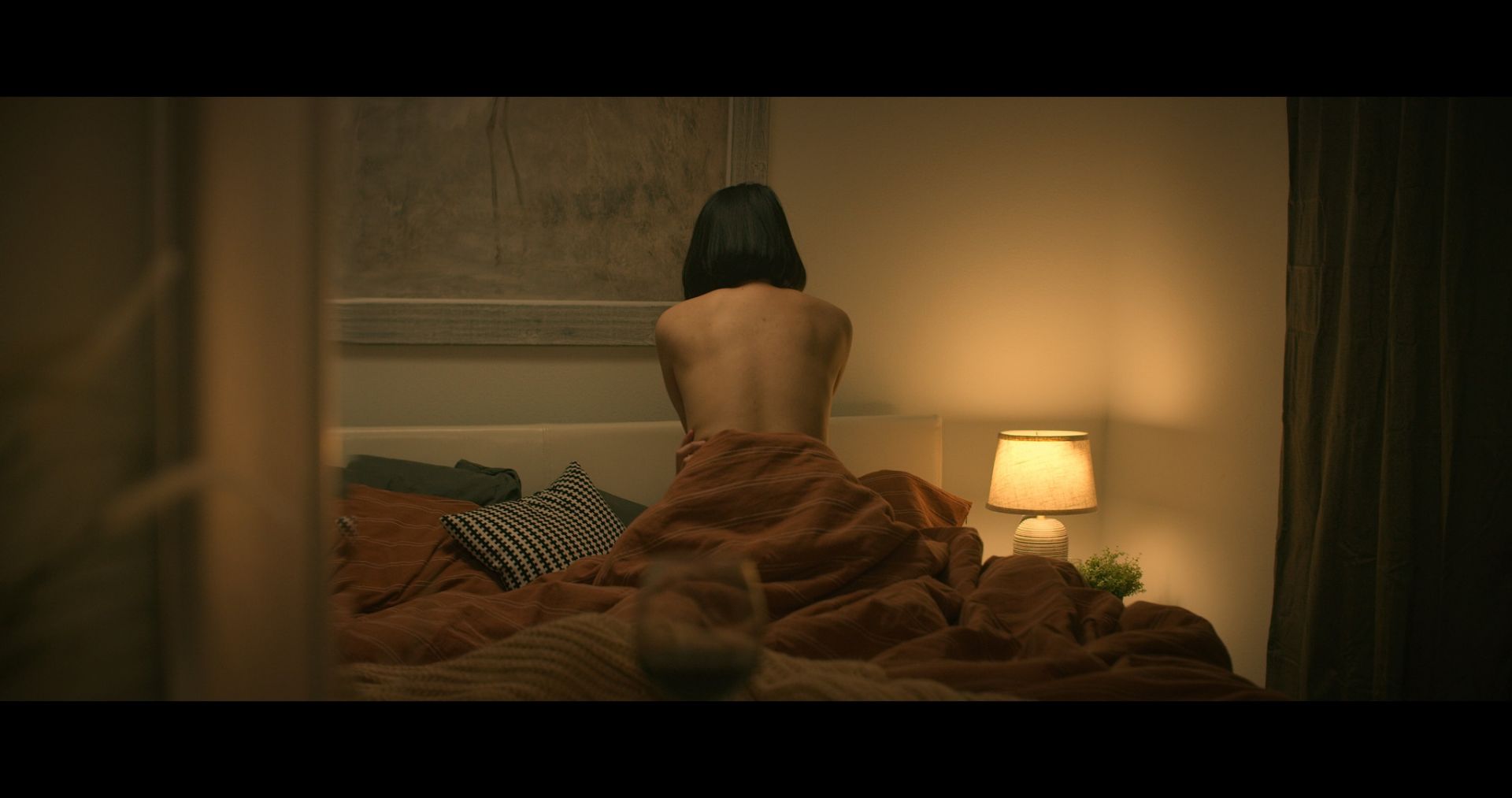
Instagram: hunter_deng_
